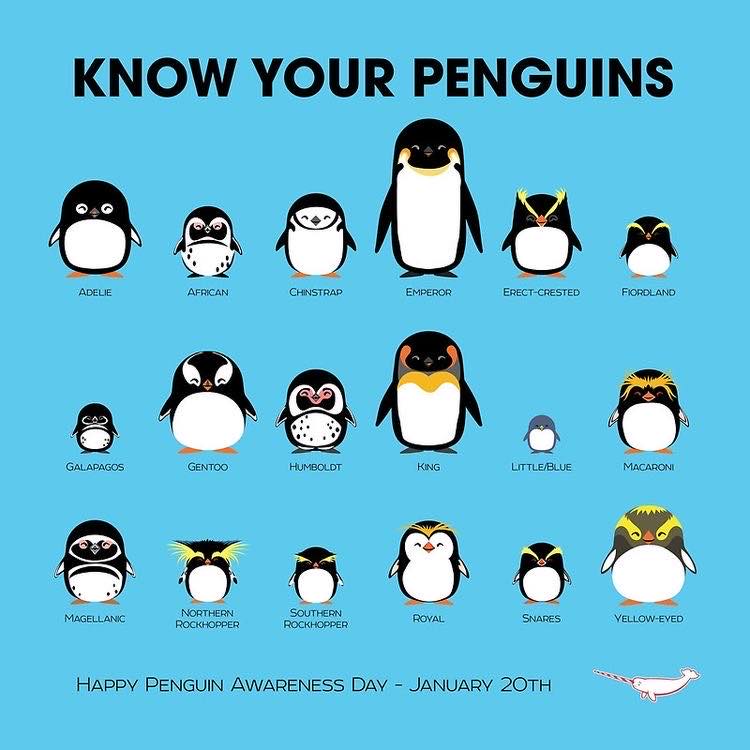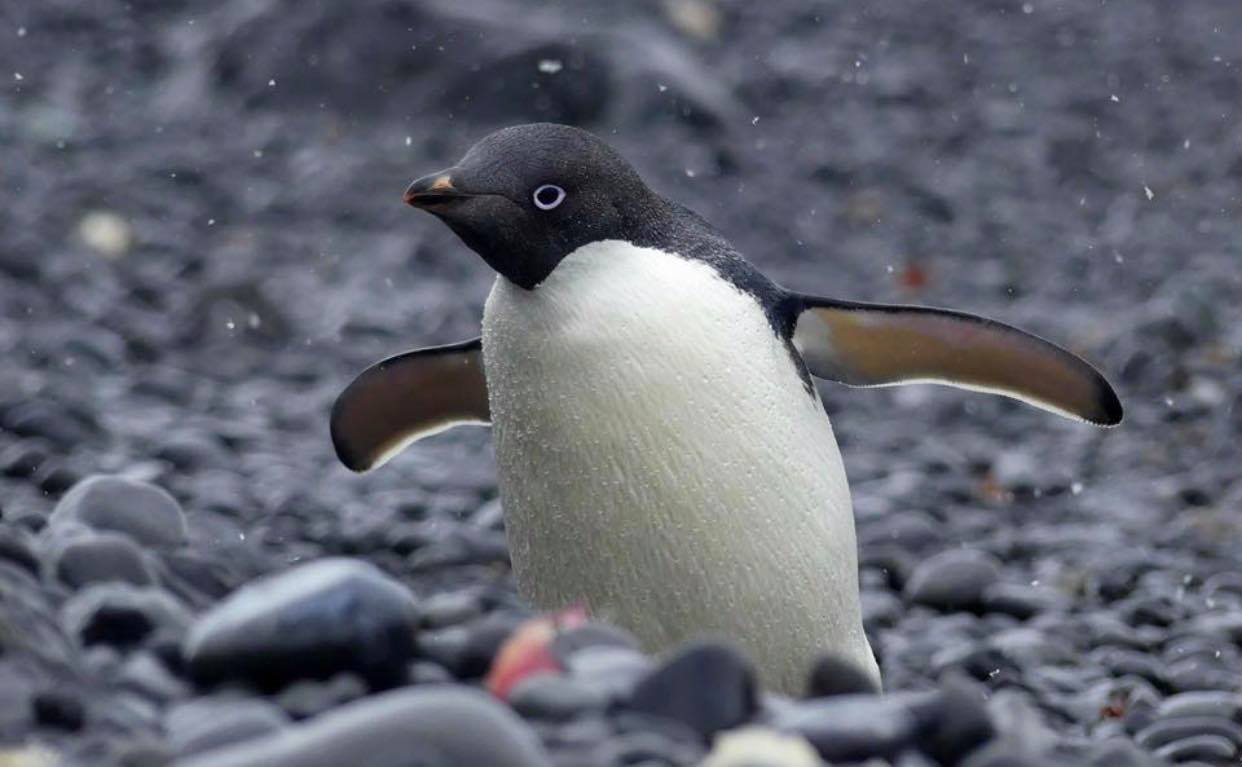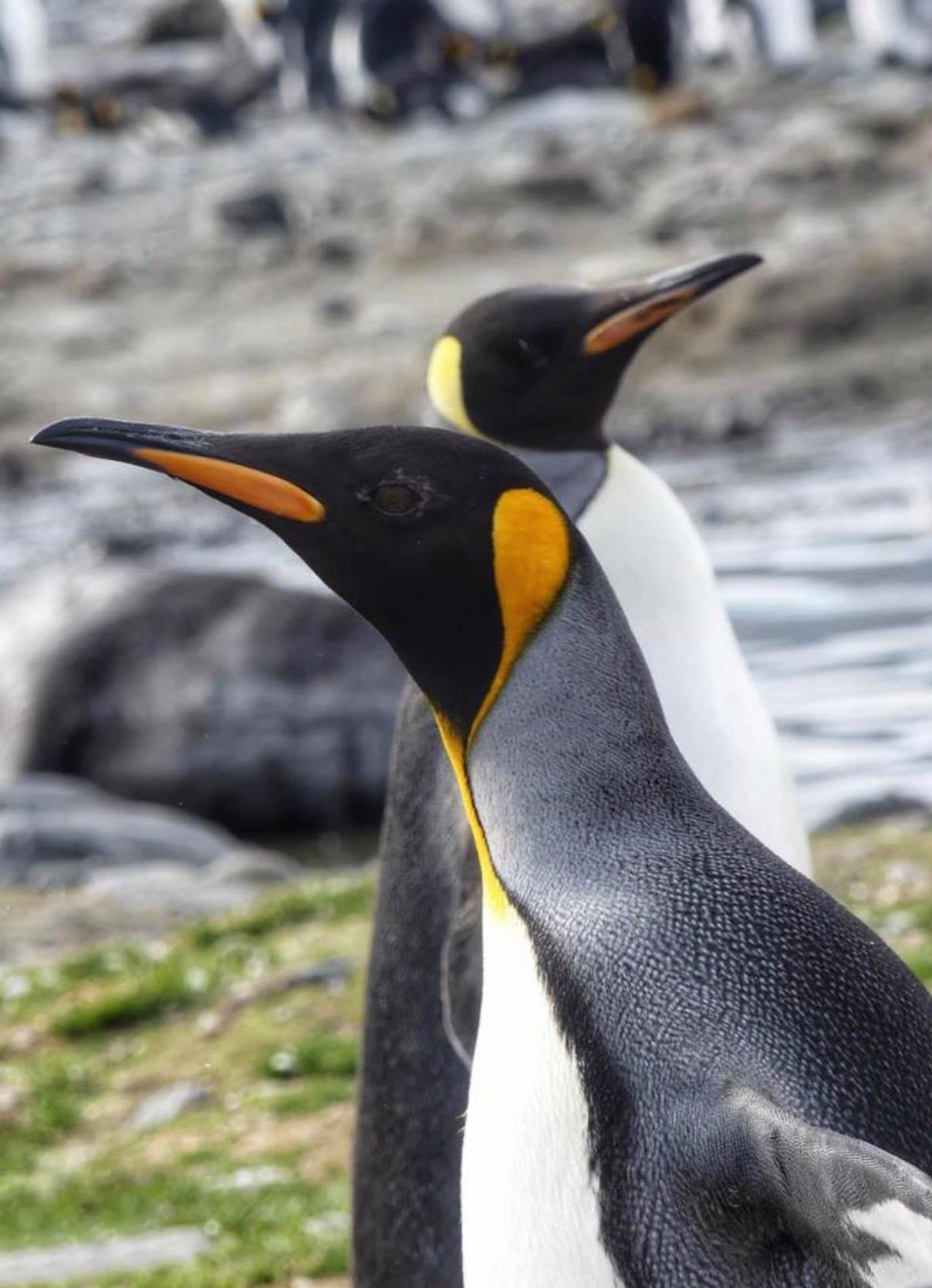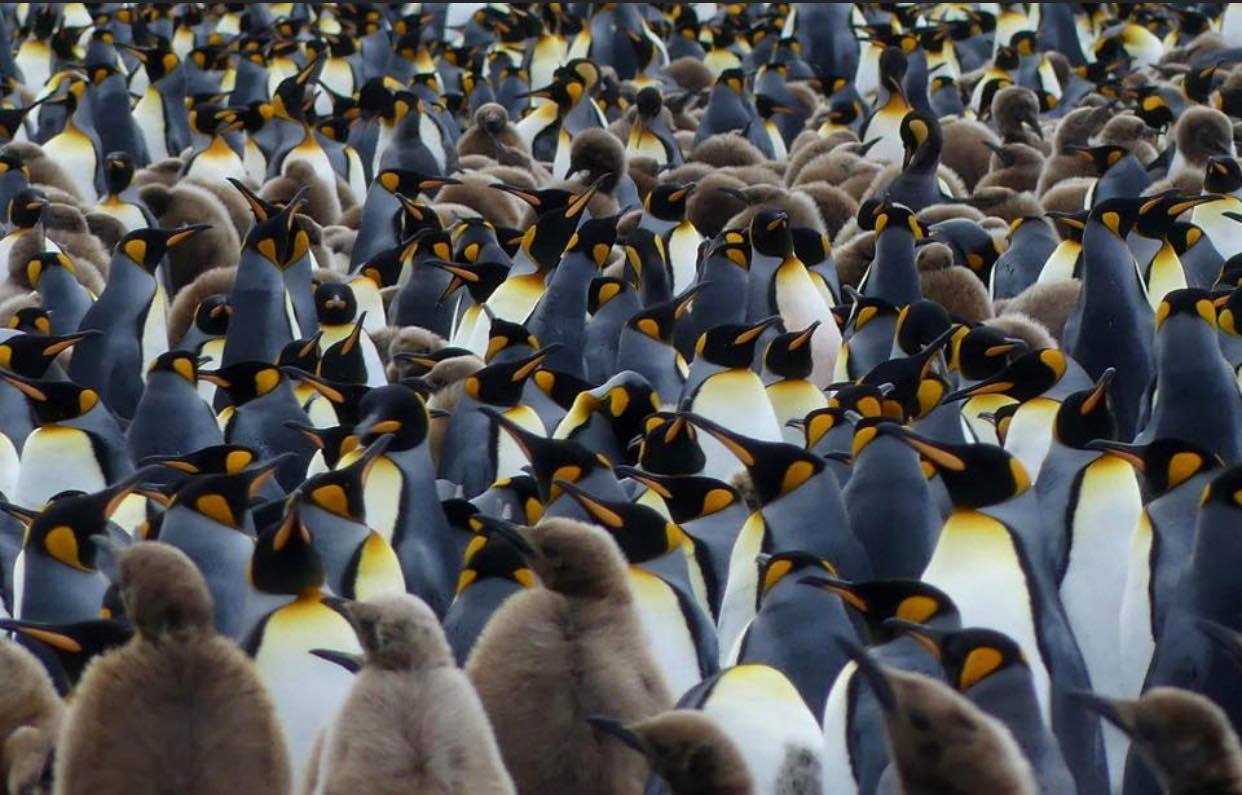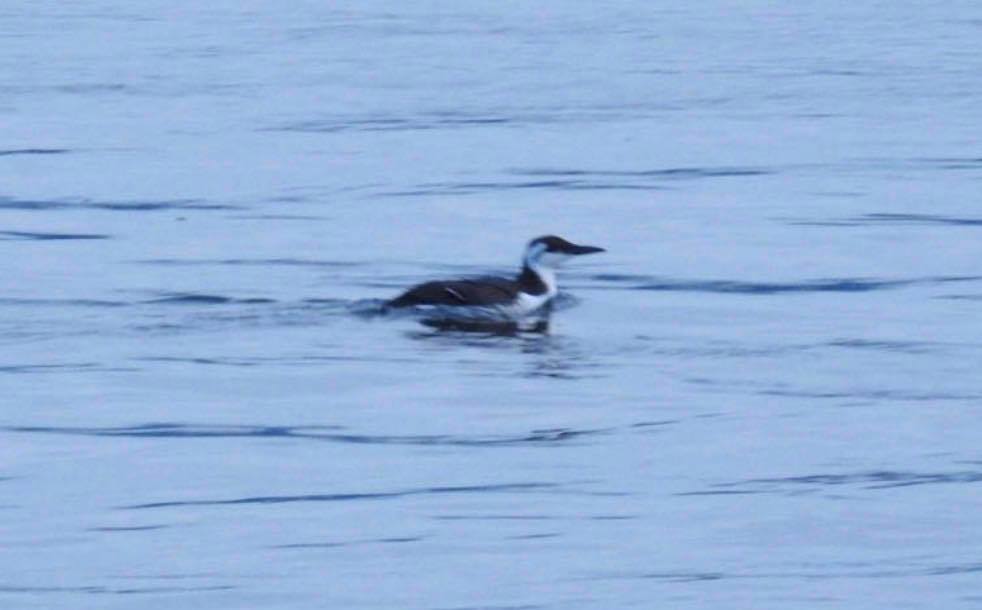Penguin Awareness Day - Find Out Why We Love These Flightless Birds so Much!
Happy Penguin Awareness Day! To celebrate we have complied a list of fun facts about these amazing flightless sea diving birds!
1. There are 17 to 20 species of penguins but there is still debate among the scientific community as to how many species there actually is as similar types of penguins (like rockhoppers) actually count as different species.
2. Penguins jump into the air before diving into the sea to help them swim faster. This technique releases air bubbles from their feathers, cutting down on drag and doubling or tripling their speed underwater!
Adelie penguins. Photos © Alan Davies.
3. Smaller penguins can launch themselves 6 or 9 feet into the air by speedily swimming to the surface and bursting up over the ice shelf to get back ashore.
4. Explorers first called them “strange geese” - most likely spotted in the Falkland Islands these penguins are now called Magellanic penguins ( Spheniscus magellanicus ).
5. Penguins can swim up to 16 kilometres per hour - The fastest swimming penguins are Gentoos, and they can top 32 km/hr, but most species dart around at a more modest 7 to 11 km/hr.
6. Penguins can dive to over 250 meters. In the deepest dive ever recorded by the Australian Antarctic Division, an emperor penguin reached an amazing 564 meters! Those huge depths require a great lung capacity; the longest-known dives have lasted 22 minutes!
7. Penguins' suits act as camouflage, also known as counter-shading! Their black backs blend with the ocean water when seen from above, and the white bellies match the bright surface when viewed from below. This disguises them from predators like leopard seals and helps them catch prey like fish, squid, crabs, and krill.
8. Penguins can drink seawater - they sip meltwater from pools and streams when they're thirsty, but they can only do this because of a special adaptation! A supraorbital gland located above their eye removes salt from the bloodstream. The excess sodium then comes out through the bill or by sneezing!
Gentoo penguin. Photo © Alan Davies.
9. Penguins don't have teeth - Instead they have fleshy spines inside their mouths to help them swallow fish. The protrusions face backward to help guide the catch down their throats.
10. They go through a "catastrophic molt" once a year. Penguins lose all of their feathers during the two- to three-week process, and can't swim or fish until the important insulation grows back.
11. Some penguin species mate for life. For example, gentoos, rockhoppers, and chinstraps remain completely monogamous. Adelie females can even find their old mates within minutes of arriving at the colony each season.
King Penguin. Photo © Alan Davies.
12. They use district calls to find their mates -These unique sounds help them reunite on the breeding ground — a not-so-easy task when there are thousands of identical birds around.
13. They're waterproof. Penguins spread an oil produced by the preen gland that insulates their bodies and improves their hydrodynamics.
14. Penguins are total social butterflies. The largest penguin colonies — called rookeries or waddles when assembled on land — include hundreds of thousands of birds.
King penguin. Photo © Alan Davies.
15. A group of penguins in the water is called a raft and they can spend up to 80% of their life at sea.
16. Guillemots are known as penguins of the North Atlantic.
Guillemot. Photo © Alan Davies.
17. Penguins are specially adapted to sink. While most birds have hollow bones to facilitate flight, penguins have dense skeletons for easier diving,
18. Some penguins build pebble nests - these looks so rough that ornithologists have named these "scrapes", although parent birds will line the pile of rocks with moss and feathers.
19. Some species of penguins prefer a much more cozy nest - for example Little penguins tunnel holes in sand dunes, leading to a "nest bowl"
20. Some extinct penguins grew up to 5 feet tall! Recently discovered fossil evidence of Kumimanu biceps indicates that ancient penguins could have been taller than man.
© Ocean Research & Conservation Ireland (ORCAIreland) and www.orcaierland.org , est. 2017. If you like our blogs on the latest news in marine science and would like to support our work, visit www.orcaierland.org to become a member, to volunteer or to make a donation today.
SHARE THIS ARTICLE






